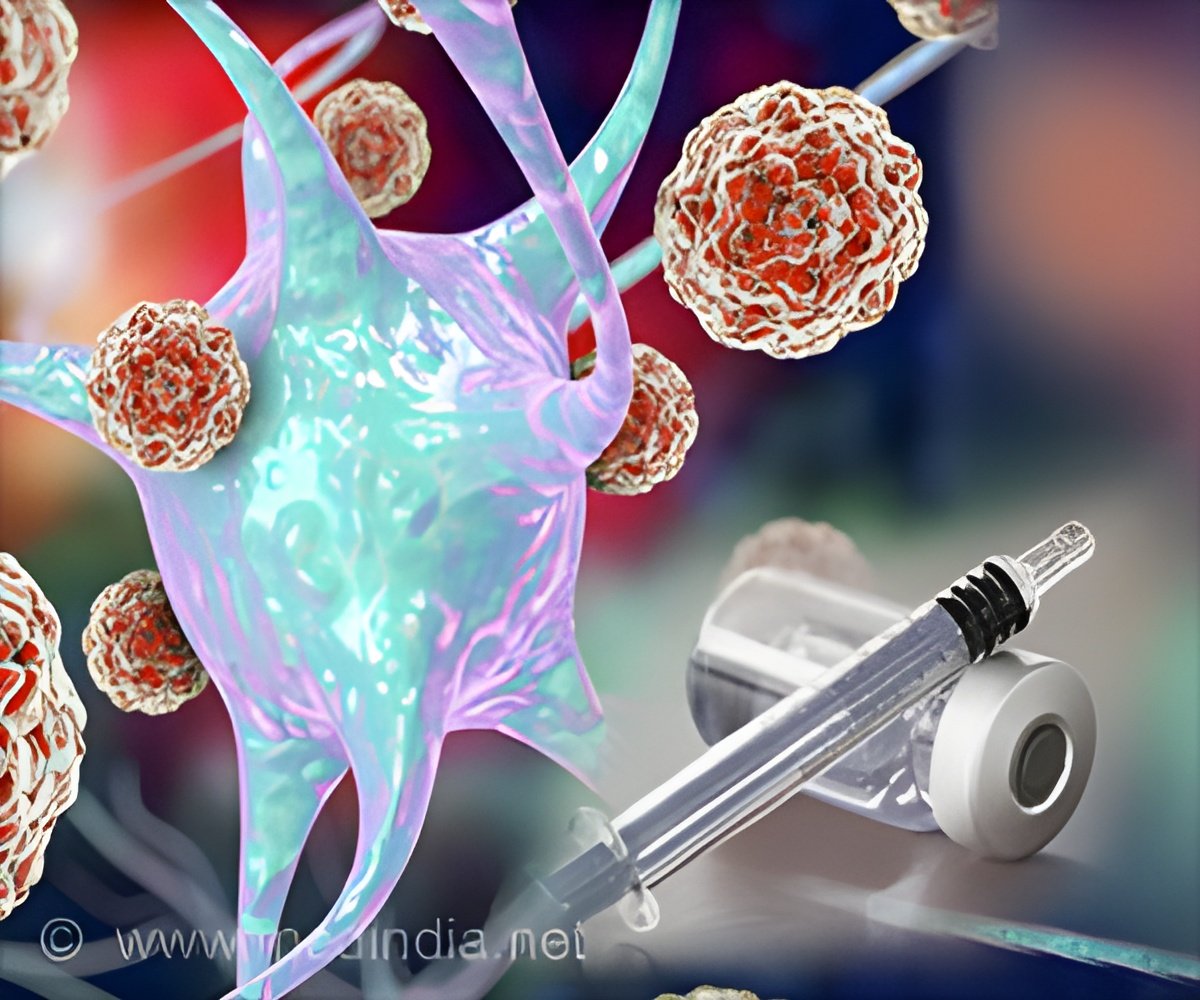
‘Artificially-created immune T-cells known as chimeric antigen receptors (CARs) that help to fight cancer cells may also help recognize HIV allowing them to kill the virus rather than being invaded. These cells are designed to target and kill specific cells containing viruses or tumor proteins.’
Tweet it Now
Although the human body's immune system does initially respond to HIV, the rapid invasion of the virus, its ability to hide in different T cells and to rapidly replicate, eventually wears out and destroys the immune system. This leaves the body vulnerable to a host of infections and diseases. Researchers have been looking for ways to strengthen the immune system against HIV, and it now appears CARs could be a weapon in that fight. Chimeric receptors are the focus of ongoing research into how gene immunotherapy can be used to fight cancer.Scientists tried the receptors approach for HIV-1 infection in the late 1990s, but the study was abandoned for the lack of efficacy. The new research differs because it takes advantage of new antibodies that have been discovered in the past few years.
"We took new generation antibodies and engineered them as artificial T-cell receptors, to reprogram killer T cells to kill HIV-infected cells," said Dr. Otto Yang, professor of medicine in the division of infectious diseases at the David Geffen School of Medicine at UCLA and the study's corresponding author.” Others have used antibodies against cancer antigens to make artificial T-cell receptors against cancer and shown this to be helpful in cancer treatment,” he added.
The researchers used seven recently discovered ‘broadly neutralizing antibodies’ (BNAs) that have the ability to bind multiple strains of invading viruses, unlike earlier isolated antibodies that tend to bind few strains. These antibodies were re-engineered as artificial CAR-T cell receptors to have activity against broad strains of HIV. In the tests conducted in the laboratories, the researchers found that all seven had varying degrees of ability to direct killer T cells to proliferate, kill and suppress viral replication in response to HIV-infected cells.
Dr. Young is cautious, but optimistic “what works in a test tube doesn’t necessarily work in a person,” he said, but the results are promising.
Advertisement
Source-Medindia















